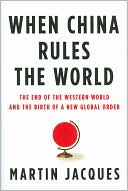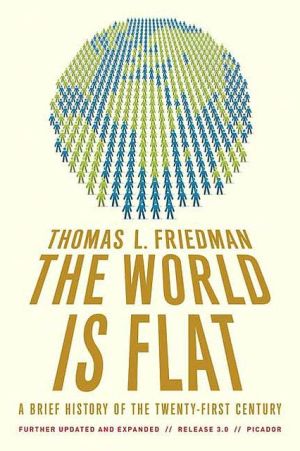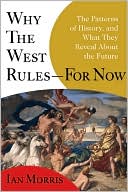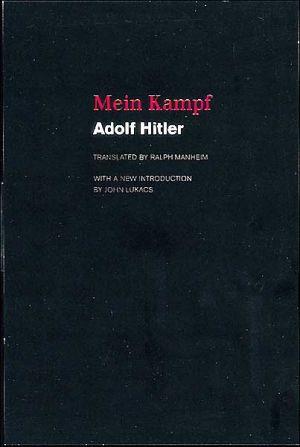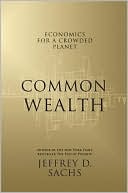Monetary Integration in the European Union
The creation of the Euro was one of the most ambitious projects undertaken by the EU. Nearly a decade on, the Euro has become a major international currency. This book takes stock of the Eurozone, both empirically and theoretically, considering historical, economic, political, and institutional influences on its development.
Search in google:
The creation of the Euro was one of the most ambitious projects undertaken by the EU. Nearly a decade on, the Euro has become a major international currency. This book takes stock of the Eurozone, both empirically and theoretically, considering historical, economic, political, and institutional influences on its development.
List of figures, tables and boxes viiAbbreviations ixPreface xi1 Introduction 1Understanding monetary integration - ideas, interests and institutions 6Plan of the book 102 The origins of economic and monetary union 15Bretton Woods and the return to fixed exchange rates 15The end of Bretton Woods and the beginning of European monetary cooperation 21The European Monetary System and the road towards EMU 26Theoretical considerations 37Conclusion 433 The birth of the euro and the Eurozone 45Negotiating and renegotiating monetary union 45Launching monetary union 57Theoretical considerations 63Conclusion 694 The institutions and decision processes of monetary union 71Architecture 71EMU's major actors 77Accountability and governance 86Reforming the Eurozone's governance system 92Theoretical considerations 94Conclusion 1015 Centralizing monetary policy cooperation: the European Central Bank 103The road (back) to Frankfurt 103Structure of the ECB 106Operations of the ECB 112The ECB and its critics 114Theoretical considerations 117Conclusion 1226 Decentralizing economic policy cooperation: the Stability and Growth Pact and the Lisbon Strategy 123The Stability and Growth Pact 124Theoretical considerations 132Economic policy coordination: soft law and the open method of coordination 139Theoretical considerations 153Conclusion 1587 The European Union without EMU: the United Kingdom, Denmark, Sweden and the accession countries 160How to become a member of the euro area 161Opting-out - the United Kingdom and Denmark 162States without opt-outs 171Theoreticalconsiderations 179Conclusion 1908 The international role of the euro 192Challenging the dollar? 192External representation 200Future prospects 213Theoretical considerations 218Conclusion 2219 The Eurozone: an initial balance sheet 223Economic consequences of the euro 223Political consequences of the euro 239Theoretical considerations 245Conclusion 251Conclusion: an efficient and legitimate EMU? 253Glossary 262Bibliography 274Index 304

